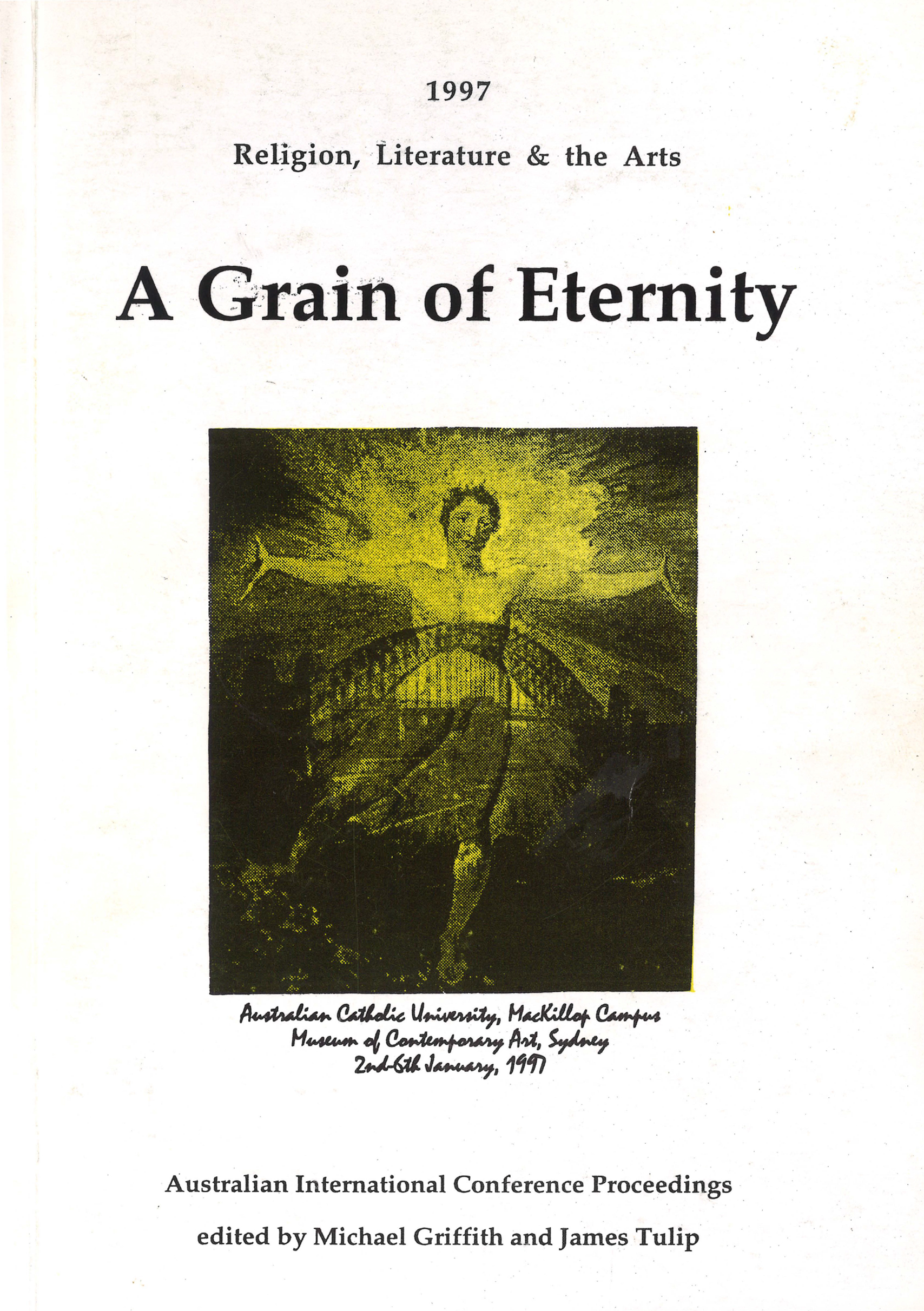Philosophy & the Advent of a New Epiphany
Abstract
Within recent French philosophical discussion of the divine, the work of Luce Irigaray stands out in that the category of the divine is central to her project. In her preface to Sexes and Genealogies Irigaray argues that 'God must be questioned, and not simply neutered in the current pseudo-liberal way. Religion as a social phenomenon cannot be ignored.'1 This is because, for Irigaray, change within the political realm is predicated upon change within the symbolic. And the symbolic, at some level, always invokes the Other. The role of 'woman' as Other leads Irigaray to diagnose women's selfalienation to be a consequence of their lack of a God. Women must therefore imagine a feminine divine in order to fulfill their own becoming. This process of imagining is a constructive exercise, which raises the question which guides this paper: Is a God that we construct no more than a construction? What is the relation between our human expressions of the divine and the divine in itself? It is my contention that such imaginative constructions can open a space for an excess, that is more than simply 'more of the same.' This position is, I believe, consistent with the positions of a number of contemporary Catholic theologians. Furthermore, I find that Irigaray's project has a precedent in the life of the Church itself. The issues involved are of course larger than the scope of a short paper. What I seek to establish are some family resemblances and the possibility of fruitful dialogue between the contemporary philosophical discussion of the divine - as exemplified by Irigaray - and recent Catholic theology.Downloads
Published
2017-06-21
